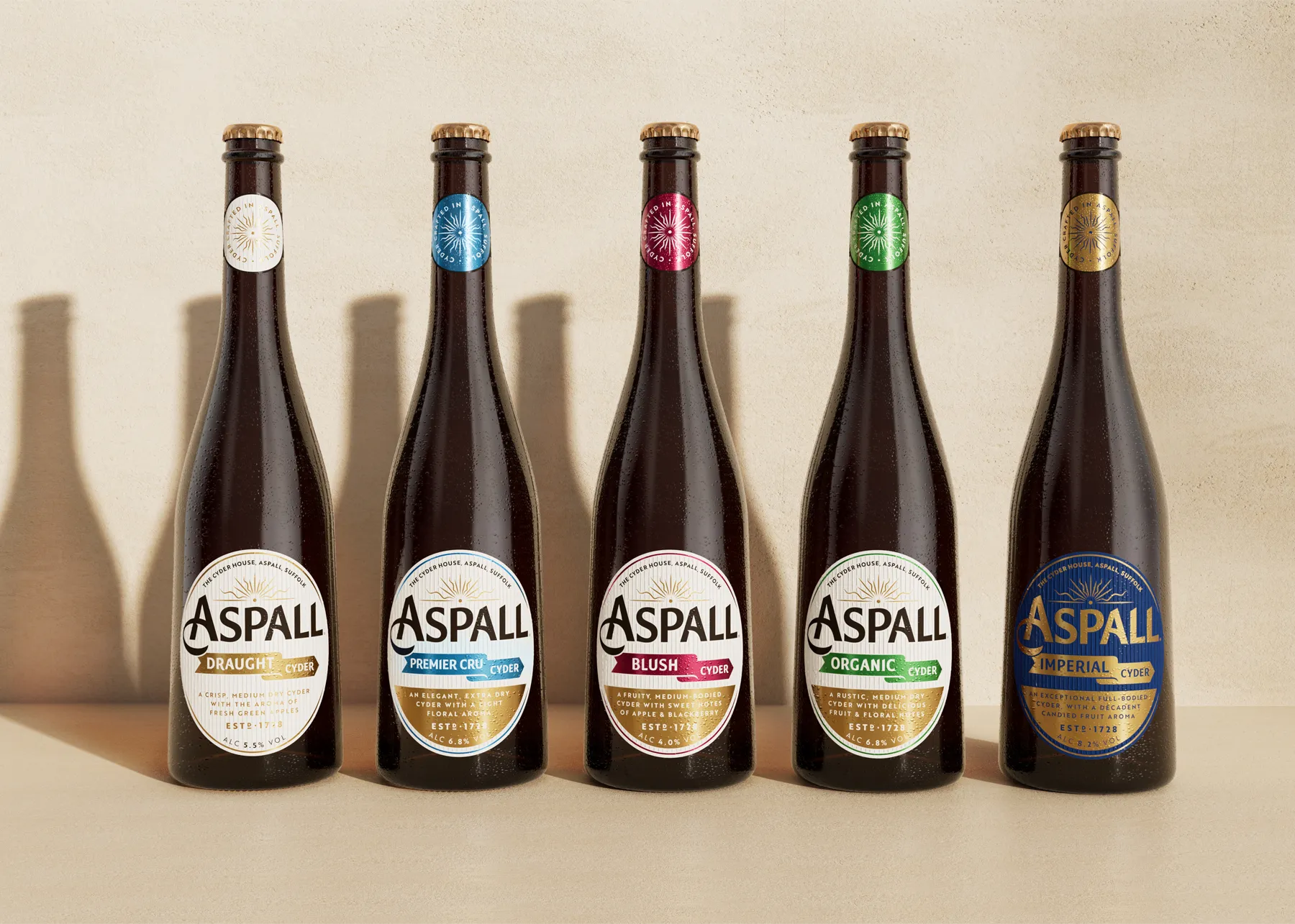There was a time, not so long ago, that if you had some trash—especially hard to recycle items—you loaded it on a barge, sent it to China, and waved goodbye. But back in 2018, China enacted its National Sword Policy, banning certain kinds of waste that the country could utilize as raw materials, particularly plastic.
Now, China’s Ministry of Ecology and Environment has announced that they will ban single-use plastic bags in all of China’s cities by the end of 2020; for smaller towns, the ban will be implemented by 2022. Any market selling fresh vegetables and fruit won’t have to comply with the ban until 2025.
Additionally, plastic straws will get phased out from restaurants by the end of the year with other utensils to come. By 2025, the overall single-use plastic consumption must decrease by 30%.
While China has proposed bans on bags before with some success, the disposal of the items leaves much to be desired as rampant plastic pollution clogs their waterways and landfills.
Here in the US, only three states—California, Hawaii, and Oregon—have outright banned plastic bags (four if you count New York, but their ban doesn’t start until March of this year) while ten other states passed preemptive bans on actual plastic bag bans, al thanks in part to the lobbying of the plastic industry from groups like the American Progressive Bag Alliance, and their insistence that, yes, you can recycle a plastic bag when, in fact, it’s an awful lot more complicated than that.







